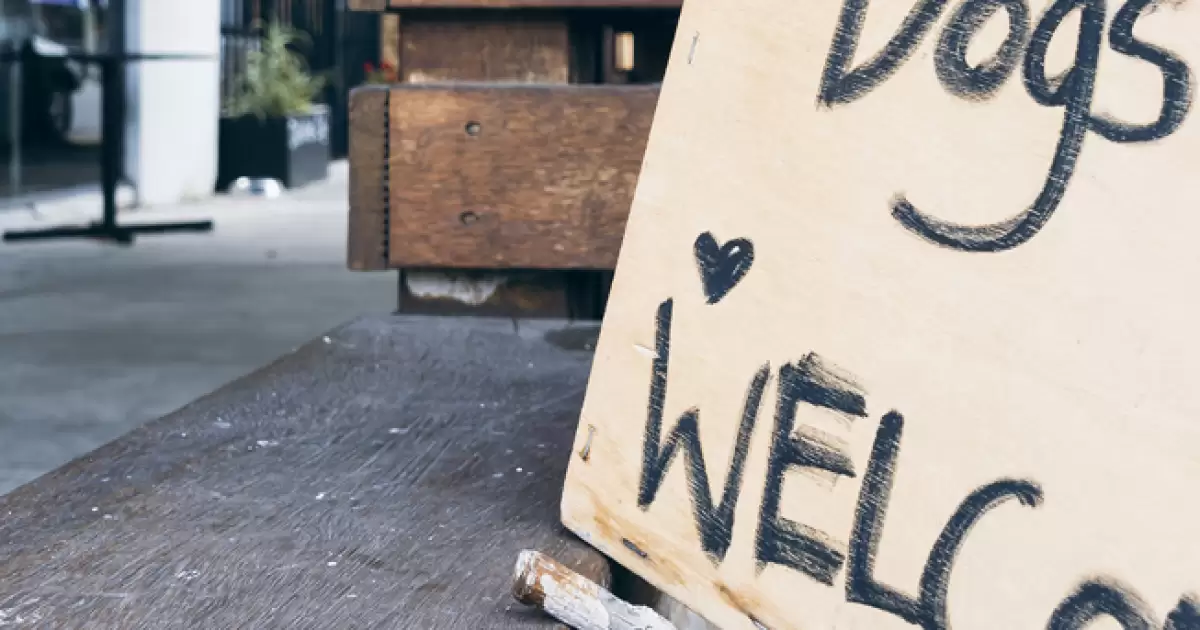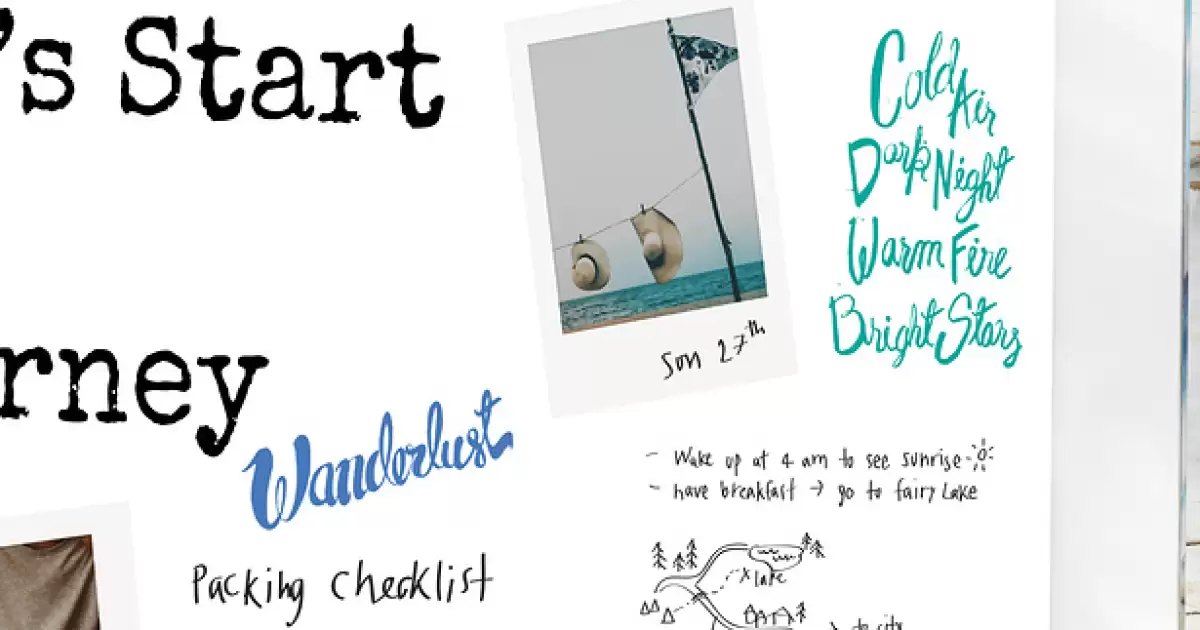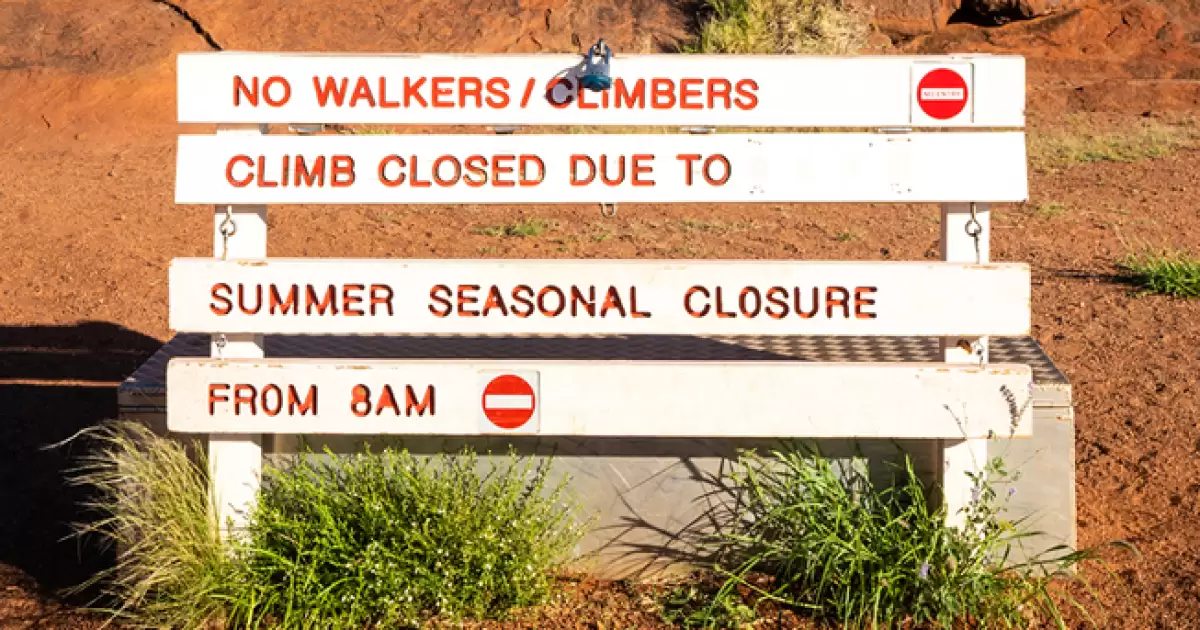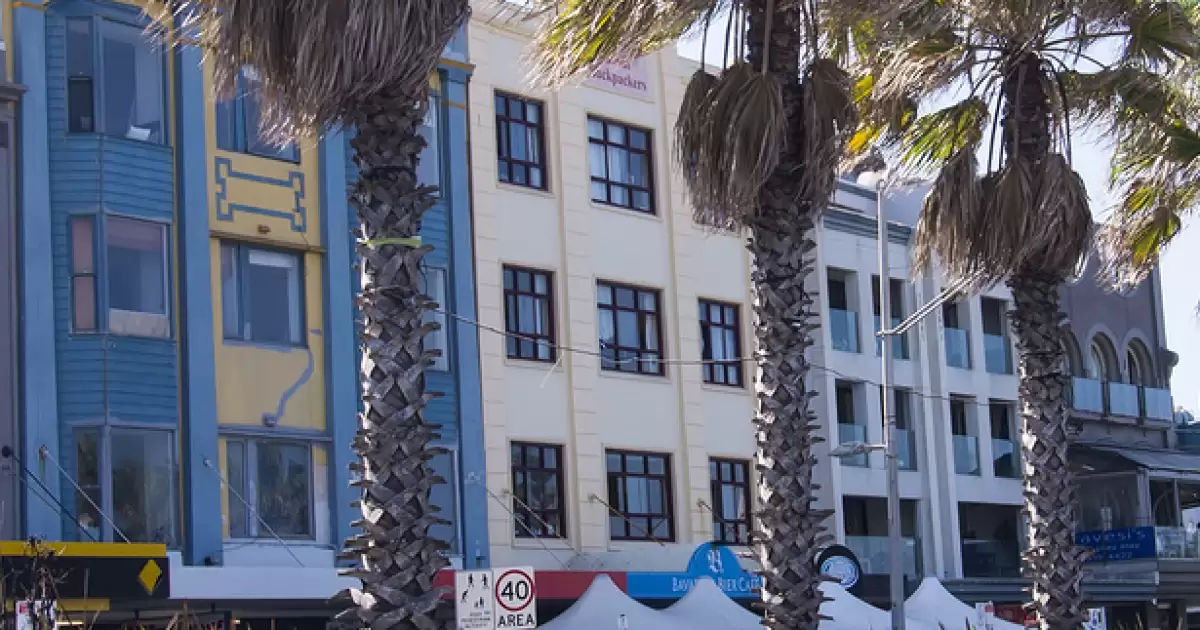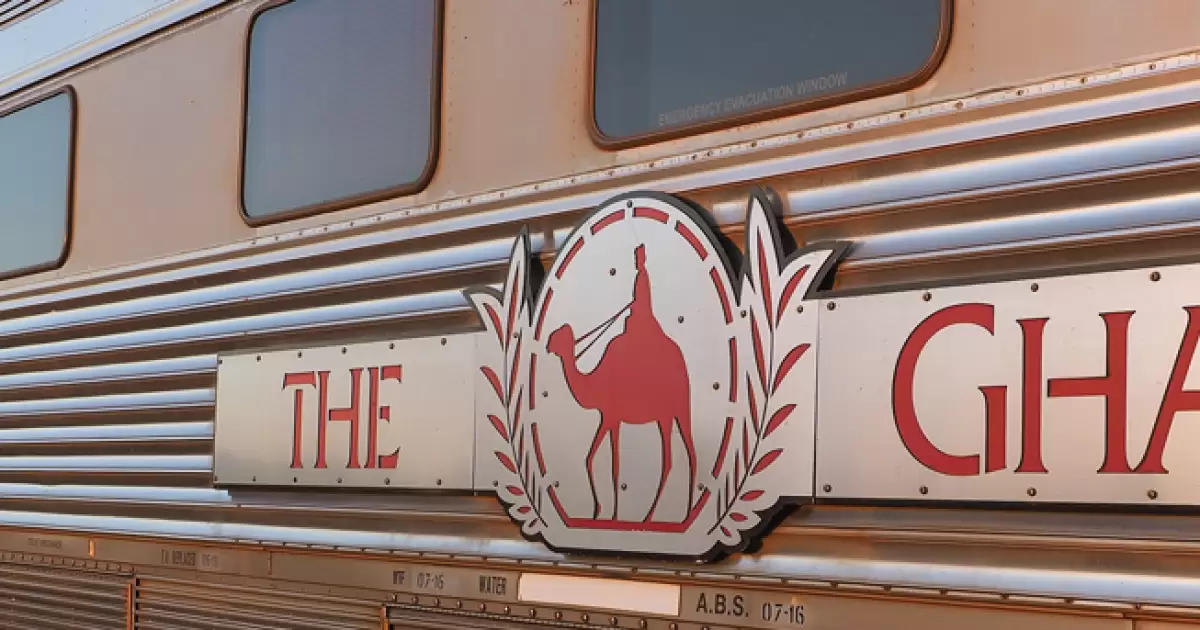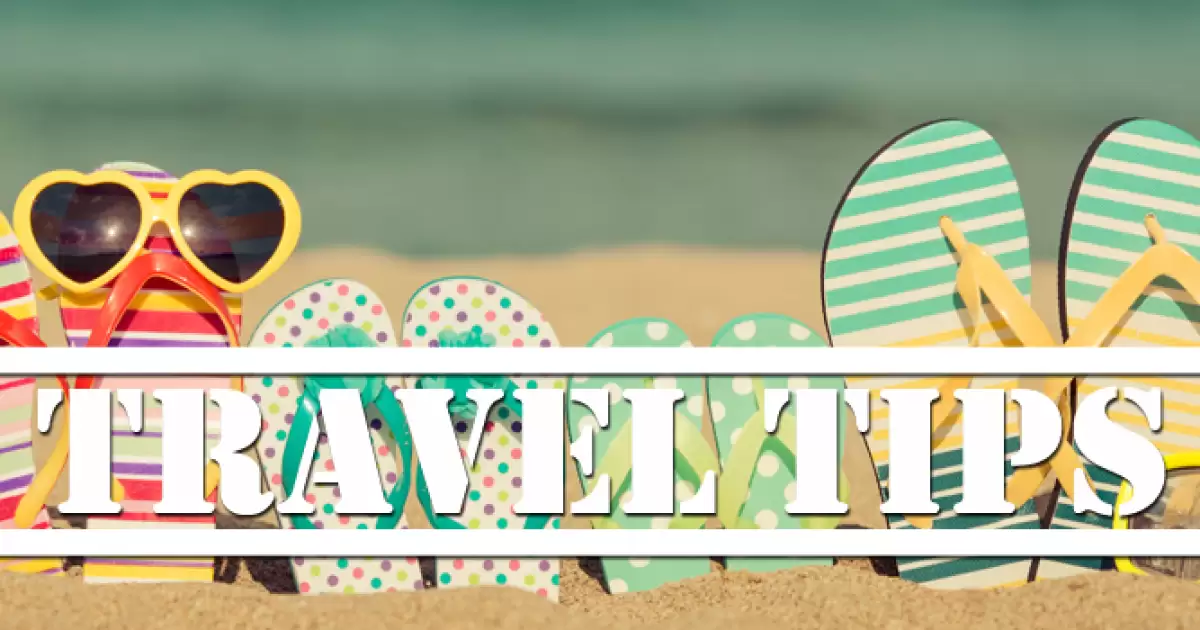Travelling to Australia is a lot more fun if you know things to be aware of. Here we have covered some of those things, and included some useful links to aid you on your way
Driving in Australia
Australia has a common law system and driving is on the left. When in doubt, in the absence of road signs or on roundabouts, give way to your right. Be prepared for distances. Australia may not seem that big, but it is huge. It takes 5 days to drive from Perth to Sydney. It will take you over 9 hours to drive from Sydney to Melbourne, and 8 hours from Perth to Kalgoorlie. So give yourself lots of time to explore the country. Road trains are a common on both sealed and unsealed surfaces. They often have up to four trailers (60 metres long) and can travel at speeds up to 100kmh. Only overtake a road train if you can see the road is clear for at least one kilometre and do not hesitate when passing. Kangaroos and emus are prevalent in the WA Goldfields and care should be taken when driving on any road surface. Some pastoral properties do not have fences so drivers need to be alert for stock such as sheep, cattle and goats, and camels crossing the roads. Driving at dawn or dusk should be avoided where possible.
You should also be aware that Australian states can have different road rules. Here are the different road rules for each state:
- Australia Capital Territory
- New South Wales
- Northern Territory
- Queensland
- South Australia
- Tasmania
- Victoria
- Western Australia
Drinking water in Australia
The water in Australia is clean and safe. In most Australian towns and cities the tap water is very drinkable. In many cases, it is just as clean as bottled water, some bottled water actually comes from tap water. In some rural & outback regions tap water can taste mineralised as it may be drawn from artesian bores, or supplemented partly by bore water, especially over summer. If you are farm-staying in some country areas where rainfall is limited, they could use rain water collected from the roof in rainwater tanks. You could find taps that aren't for consumption because they come from the farm dam, but there would usually be a sign next to the tap. In other remote areas water could be coming from the Great Artesian Basin, commonly called a large underground lake, but it's actually an aquifer, a thick slab of sandstone soaked through with water. The Great Artesian Basin underlays almost a quarter of the continent, and while the water may smell of sulphur, it's perfectly drinkable just leave it sit half an hour or so in an open jug until the smell goes away. It's always a good idea to carry a good quantity of drinking water, and bottled water is available from most shops and roadhouses.
Travelling with Pets
If you are an overseas visitor, be aware that animals enter quarantine upon entry to Australia. There will be 10 days of quarantine imposed on your pet when entering Australia and strict requirements to be met or your pet will be returned to the country or origin. All pets (excluding authorised Assistance Dogs) travel in the cargo hold of the aircraft.
Travelling with your pets can save money on kennel/cattery fees, and you get to have your best friend with you. Temperatures in Australia can get very hot, and is lethal to leaving pets in a car. Even lower temperatures can cook an animal in a car. Always carry ample water for your pet. If travelling with your pet, it's worth remembering that there will be times you will need to leave your pet unattended. So take this into account when considering if to take your pet with you. Dogs and cats cannot be taken into any WA National Park and some caravan parks do not accept pets. During summer many beaches do not permit dogs onto them. When travelling you also have to be aware of to be wary of are snakes, ticks and livestock. Dogs can also like bailing up kangaroos or chasing after other wildlife such as wild pigs, both can have disastrous results. The good news is more and more hotels & campsite are becoming pet friendly. But you could be charged a pet deposit. Also make sure all vaccinations, worming tablets and tick treatments are up-to-date & ensure your microchip details are current.
Travelling with a disability
Travelling with a disability, or accompanying a disabled traveller can take a lot of planning, research, patience and it helps to have a sense of humour. Disabled travellers will take on everything from trekking to skydiving, so it's important you can get around. Airlines, trains, buses and ferries are accessible to people using wheelchairs or mobility devices, and most have braille & audio. Coach companies offer hydraulic lifts on some coaches, but you need to check and double-check. Many websites provide valuable resources and advice to plan ahead. Even if you're not disabled but have trouble walking long distances, or other inflictions, most websites will give levels of difficulty.
Australia is ahead of many countries providing services for the disabled. Most hotels have lifts & wide corridors, and most accommodation have rooms for the disabled, but always check their website or contact them for information on their disabled facilities. Some, particularly historic hotels, don't have ramps at the entrance, but a portable one can usually be made available. Most roadhouses have toilet & washroom facilities for wheelchair users, but usually smaller, older or more remote ones won't. More & more beaches are providing wheelchair access on the beach, down to the waters edge, and some even have waterproof chairs to enter the water. Contact the local lifesaving club for more information on their facilities. Many other attractions off various means of disabled access, so check.
If you need help, just ask the person next to you, Aussies are pretty quick to give a helping hand. To get you started try the Smart Traveller website.
Tipping in Australia
It's not compulsory or custom to tip in Australia, unless you want to show appreciation for exceptional service and are happy with your experience. Unlike in many countries where tips supplement staff's income, in Australia it's a bonus to their income as they earn a liveable minimum wage. Restaurant prices are required by law to include tax and service charges, so there will be no unexpected additions to your final bill. If you want to leave a tip, leave a cash tip, as credit card ones are often not passed over. If you want to tip a particular person, give it to that person, as money left on the table or bar can often go to anyone, and tip jars are usually dispersed between staff. In hotels a common practice is leaving your change in coins on the bar to be shared among bar staff. If taxi drivers look after you and provide a nice direct route to your destination, it's nice to tell them to keep the change if using cash close to the amount owed. For service industries it all comes down to 'how good was the service' & if and how you want to show your appreciation. Australian service industries won't be insulted if you don't tip, but it makes their day when you do.
Regulated items moving interstate
In Australia there are regulations in place in each state to reduce the risk of introducing pests and disease and protecting the natural environment and agricultural production areas. An outbreak of an exotic disease or pest is costly to manage and eradicate.
Some examples of regulated articles moving interstate are:
- South Australia regulates the movement of grape cuttings as the state is free of phylloxera, a pest that can destroy entire vineyards if introduced.
- NSW and Queensland regulate the movement of fruit and vegetables on account of Mediterranean fruit fly. Control of this pest is costly and time consuming.
- Tasmania and Western Australia regulate the importation of fruit and vegetables from Queensland fruit fly infested areas. Introduction would negatively effect the ability of these states to provide quality produce at a reasonable price.
- Victoria regulates wood products on account of European house borer. EBH as the name suggests bores through and weakens wooden structures including house frames.
- The Northern Territory regulates the importation of plant and plant parts to stop the introduction of Myrtle rust which infects and damages a range of native trees.
To find out more visit Australian Biosecurity or Quarantine Zones.

